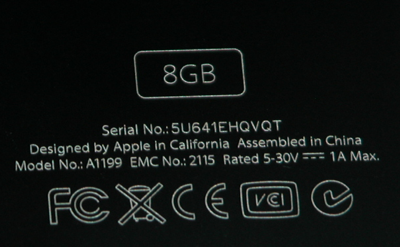
Recently, a leading IT weekly, in the Netherlands, Computable, reported that the software product industry is an important source of innovation in Europe. The same article reported that the European software product industry in under pressure from American product vendors. Each decade brings new challenges for various Industry sectors, for example in 70’s the invasion of Japanese car makers in the western markets and the push of Korean and Taiwanese consumer electronic products in 90’s. A great deal of innovation in software business is driven by small and mid-size companies, who either know what customer wants or found a way to rapidly discover what customer wants.
In early 90’s, I was subcontracting for EDS Unigraphics, now known as NX, a leading vendor of CAD and PLM software. In that time all the EDS Unigraphics customers submitted features requests to Product management by e-mails or forms. Voting in user meetings, which took place probably 2-3 times per year, the most desirable features were selected and built. Unigraphics was a thick client software that worked on high end workstations from the companies such as Silicon Graphics, HP, IBM and Sun. It was unthinkable to deliver the application and collect the feedback rapidly because these “high-end workstations” were incapable or too slow to communicate with the computers outside intranets.
The competitive advantage in software product business can come when you know what your customers want or sometime even who your customers could be. This advantage can come in two forms. One how rapidly you know what your customers want and how unique this knowledge is. A simple example – everybody knows that computer users want web based e-mail but in 1995, it was a unique knowledge. In most software product companies, a big part of budget allocation goes in engineering (as they call it in Silicon Valley) or software development. Similar situation is encountered in the e-commerce companies who spend considerable part of their budgets on big software development teams. Typically for every 1 Eur spent in customer discovery and learning, software product companies spend 4 Eur in product development. Please put a remark in my blog if you have seen a spending pattern in an European software product company largely in the favour of customer discovery and learning.
Recently a CTO of a Dutch software product company told me that you can improve a software product for years without selling a single copy. Having a big team of software developers in a software product company would automatically ensure that your investment in customer discovery in disproportionately low as compared to your investment in software development team. When you do not know what your customers want or who your customers are, then you will not be able to sell. You will keep wondering when your product is so feature rich and you have a great engineering team and why you do not sell.
A smart way to reduce the focus upon engineering in European software product development companies is to outsource software development. However, the outsourced software development team must be an integral part of your knowledge sharing ecosystem which is the great advantage (and probably the only one) of in-house software development teams.
In US they talk about maximizing customer learning for every dollar spent. Popular American blogger and lean startup guru, Eric Ries mentions a company that attempted to validate their vision with customers without even writing a single line of code.
<img src=" " alt="Designed by Apple in California" />
" alt="Designed by Apple in California" />
With ubiquitous open source and availability of programming skills all over the world, European software vendors can realign their Euro spending towards customer discovery and learning. This will enable them to compete in the rapid changing world to face ever increasing domination of American software product companies. Remember that iPhone is Designed by Apple in California but Assembled in China.




